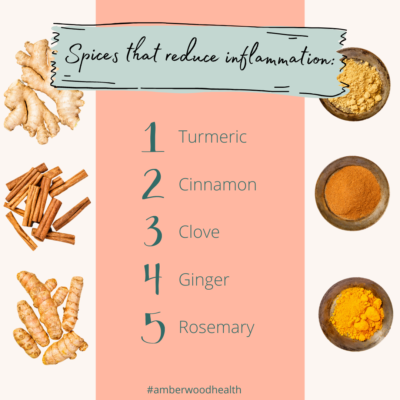Hormones, Temperature & Sleep

Hormones are big player when it comes to sleep. Whether you are a night owl, a parent with small children or someone who does shift work hormones are what help you regulate. Women’s hormones add another layer to how we sleep and it’s not just at menopause. I’m excited to dig into the role of body heat with regards to hormones and sleep.
Estrogen & Cortisol
Estrogen helps regulate cortisol which stabilizes your sleep. You may notice when stress is high you are more sensitive to noise and light. If estrogen is sufficient then your stress tolerance will be higher and you sleep will be less affected. Estrogen also increases REM sleep (rapid eye movement) while decreasing the time it takes you to fall asleep. It also assists serotonin metabolism which can help you relax.
Body temperature plays an essential role in sleep. In fact, temperature is a defining factor in sleep quality. Estrogen helps regulate body temperature whereas progesterone is more likely to raise body temperature.
Progesterone’s Role
Progesterone has a sedative quality and reduces anxiety. It is used to treat sleep apnea because it stimulates respiration. In terms of body temperature, menstruating women may notice sleep quality decreases when progesterone surges. This is because it raises core temperature. Female athletes may need to take in more salt if they are training in high temperatures because of this.
Melatonin: the Master Hormone
Melatonin is released by the pineal gland in the brain. It is a master hormone and regulates our sleep-wake cycle. During the first part of a woman’s menstrual cycle, melatonin is higher. As progesterone rises it inhibits the release and effectiveness of melatonin.
During perimenopause and menopause melatonin decreases. Hot flashes interrupt sleep as well. Gonadotropin-releasing hormone (GnRH) increases vasodilation while norepinephrine levels rise. This makes it more difficult to regulate temperature changes.
Have you tested your hormones yet?
Alcohol raises body temperature so avoiding this in the evening will help with sleep quality. Caffeine also needs to be taken earlier in the day and reducing the amount is beneficial for hormones and sleep. Get your heart rate up while cortisol is high in the early part of the day. Have a wind down routine as it becomes evening so that melatonin can rise. try these in the evening:
1. Tart Cherry Juice: A glass 30 min before bed can increase melatonin and decrease inflammation (which can contribute to poor sleep).
2. Melatonin: Start with a very low dose. Less than 3mg.
3. Hydrotherapy: Immersion in cold water or alternating between hot and cold water been researched to help with all systems of the body.
4. Valerian: 400mg before bed increase sleep quality and latency meaning you fall asleep faster and stay asleep longer.
5. Black Cohosh: This herb specifically is helpful for reducing hot flashes.
Get your hormones tested! This lets you know what exactly is going on with progesterone, estrogen, cortisol and melatonin. It is an incredible gift to see where your body is thriving and what is throwing you off. The testing I offer to my patients give insight not available in our conventional medical system. At least not yet!
Related Posts
 How Stress Kills: Social Determinants of Health
How Stress Kills: Social Determinants of Health





